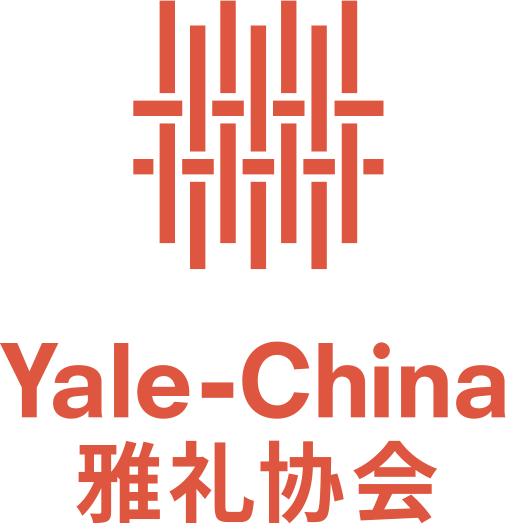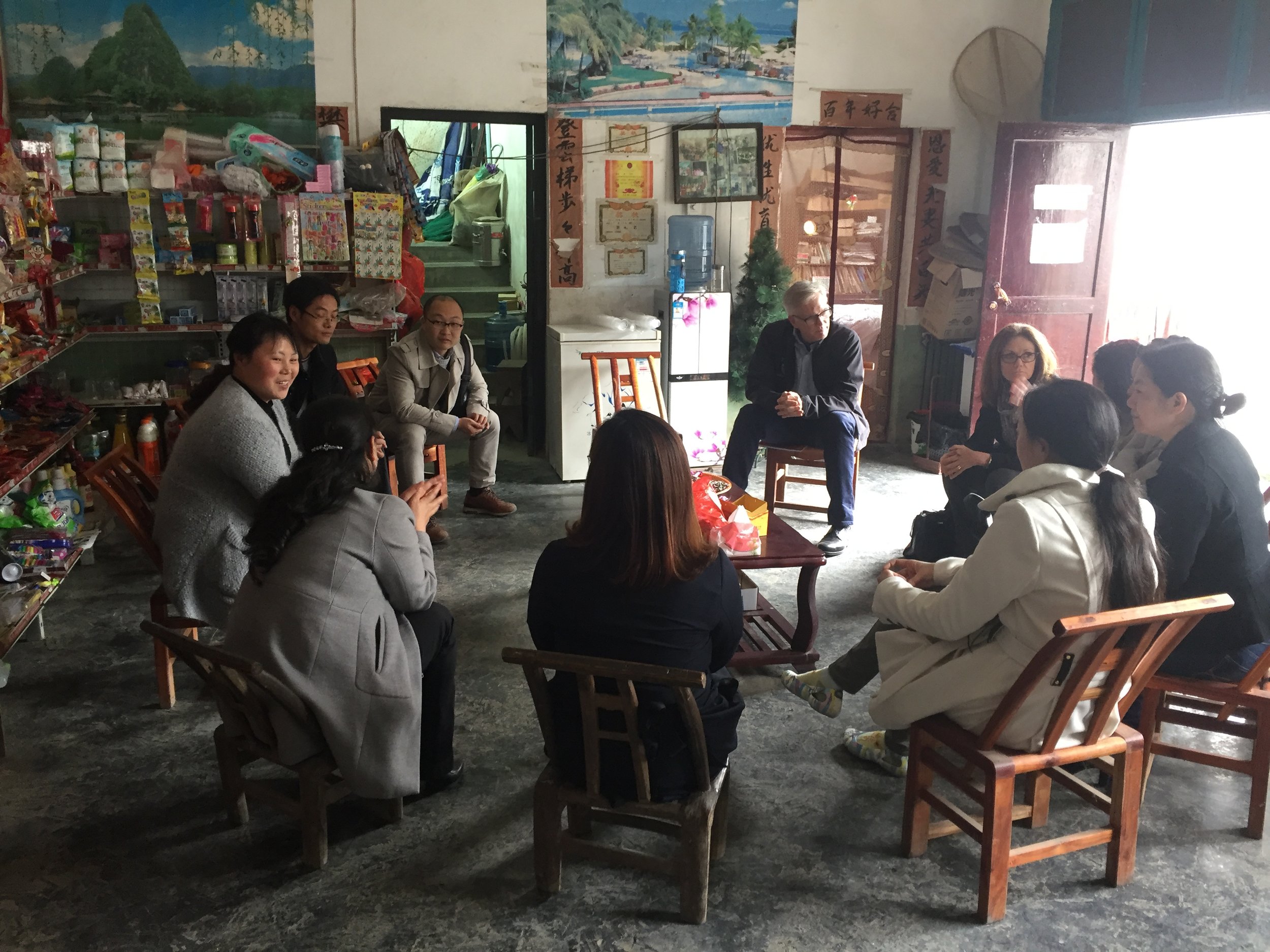About Yale-China’s Work in Hunan
Hunan Province is the home of Yale-China’s founding work in China. This included a medical school and hospital, a nursing school, a secondary school, and, for a brief period, a college. Today’s Yali High School and Xiangya School of Medicine are descended from these early Yale-China institutions. The extensive network and history with Yali and Xiangya institutions have guided Yale-China to address some of the greatest needs in education and healthcare inequity in rural Western Hunan. Ambitious health and education initiatives are designed to link expertise at Yale with issues where we can have impact in China, and to collaborate and build capacity with our partners throughout Western Hunan.
Our Partners
Xiangya School of Nursing
About the Region
Changsha is the capital of Hunan province in south-central China. While considered a medium-sized city by Chinese standards, its metropolitan population is about six million. Located on the Beijing-Guangzhou train line about 200 miles south of Wuhan, Changsha is a major agricultural center and the busiest port on the Xiang River. It was first opened to foreign residents in 1901, and soon thereafter Yale-in-China (as it was then known) began construction of its campus.
Historically known for its scholars, revolutionaries, and spicy cuisine, Changsha is now gaining national recognition for its economic and cultural influence. The same Changsha that produced Mao Zedong and other key communist figures was recently home to “Super Girl,” the most-viewed television program in the country’s history and the first private program to attract more viewers than the government-sponsored stations. Changsha’s recent economic development has also attracted millions of migrant workers from poorer regions of Hunan and other provinces. Changsha’s rich past and rapidly changing present make it a fascinating place to be a part of China’s progress into the future.
“We will leverage our local partnerships to launch a pilot program in Western Hunan to develop an innovative model of rural health that could transfer to other remote rural areas in China.”


